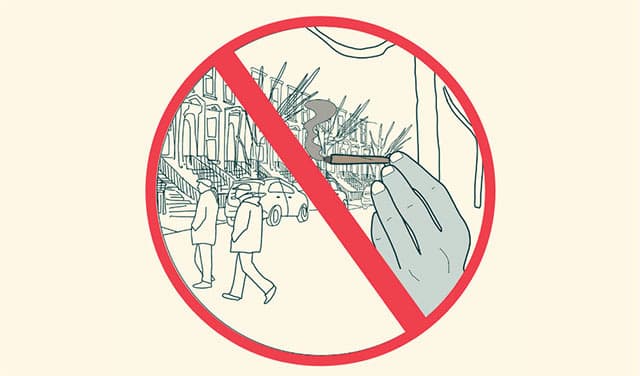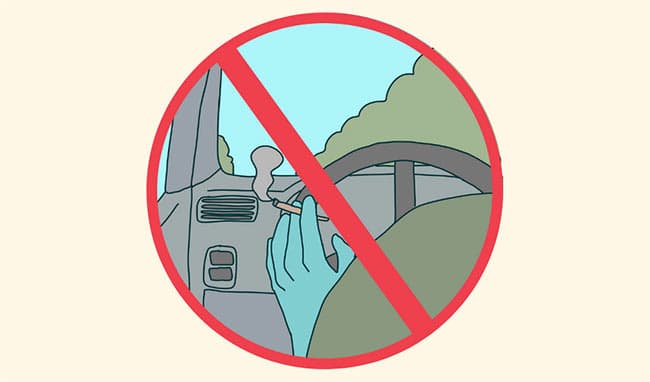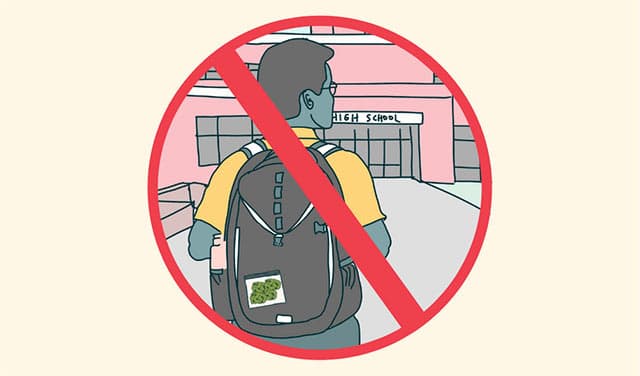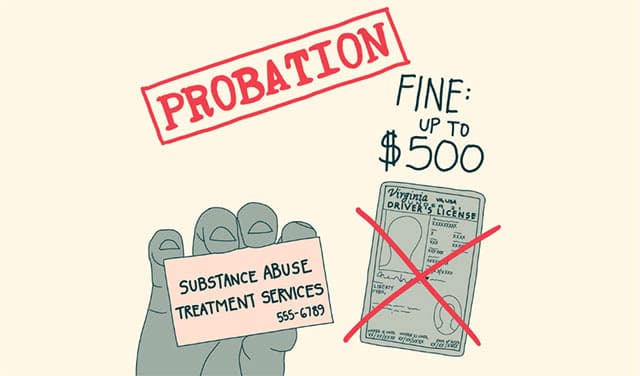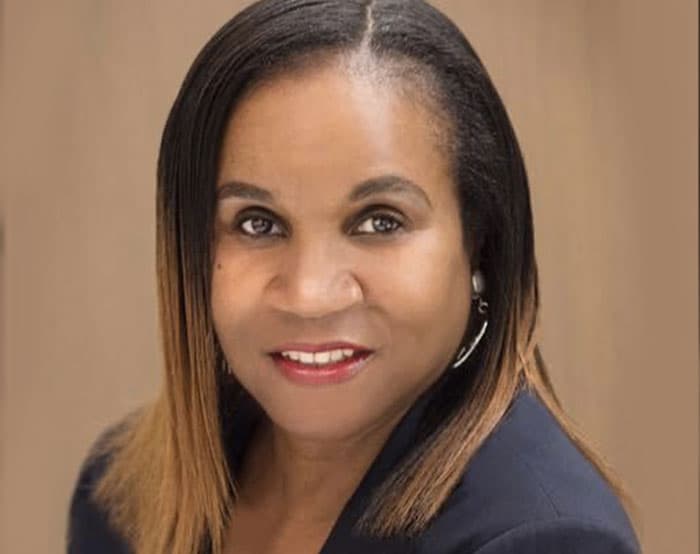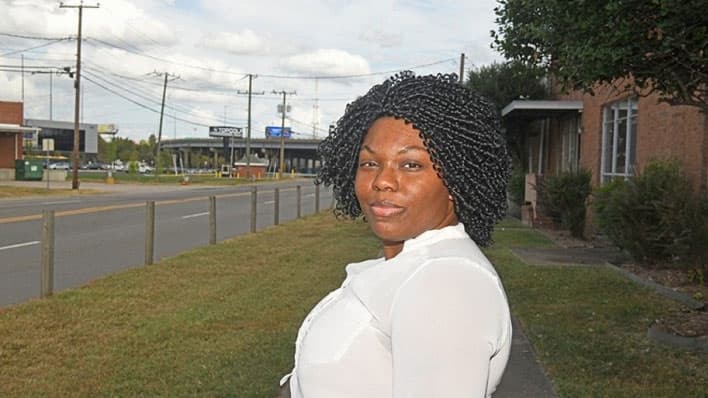Possess up to an ounce of marijuana
Annual Report
2020-2021
A MESSAGE FROM OUR
EXECUTIVE DIRECTOR
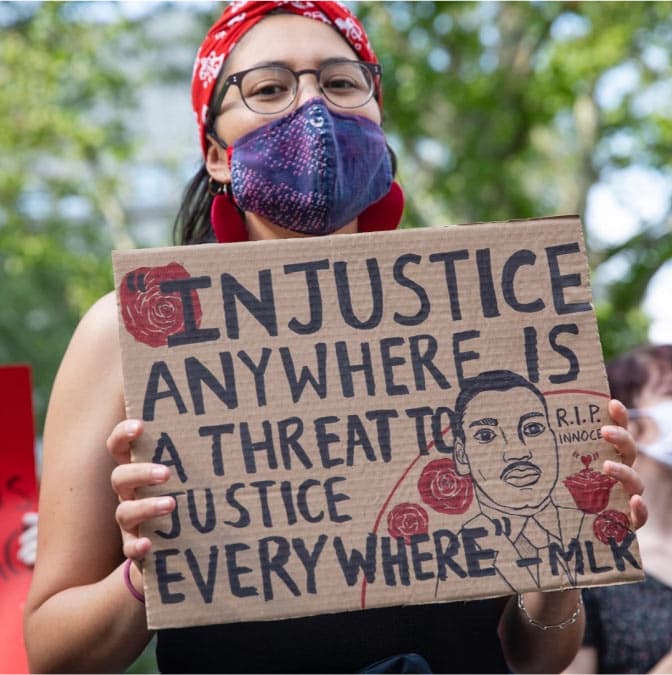
Leading the south
The Commonwealth of Virginia has experienced historic progress in recent years. As many southern states opted to restrict voting rights, limit abortion access, discriminate against the LGBTQ+ community, and exacerbate the abuses of the criminal legal system, Virginia became the first in the South to legalize marijuana and end the death penalty while continuing work to expand access to the ballot box and protect the LGBTQ+ community.
Virginia is leading the South down a new path – a path that advances the civil rights and liberties of people throughout the Commonwealth. A path that must be protected lest we begin to slide backwards. Our work is not done. The ACLU of Virginia with your continued help will fight to ensure “We the People” means EVERYONE.
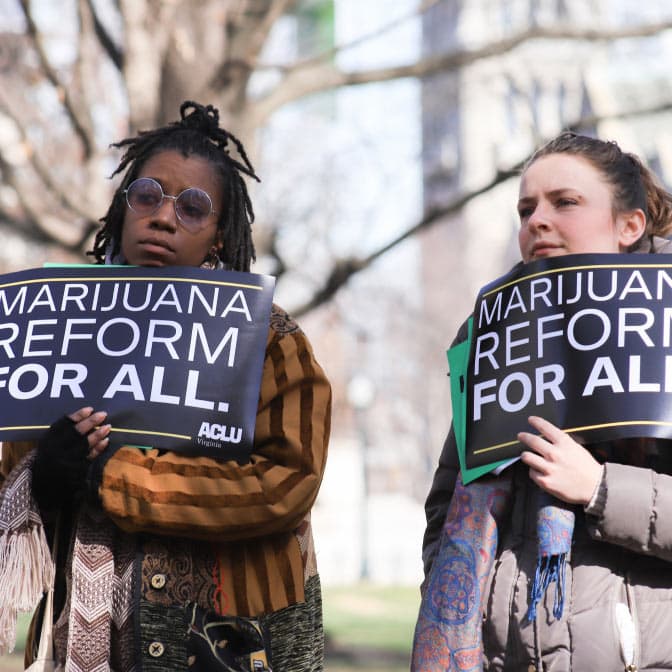
Marijuana
Legalization
In the 2021 legislative session, Virginia made history by becoming the first state in the South to legalize marijuana and acknowledge the harm that marijuana criminalization has had on Black and Brown people. This was an enormous win for the ACLU of Virginia and its partners, who have spent years advocating for marijuana legalization in the name of racial justice.
Use marijuana in private
Grow up to four plants within their household
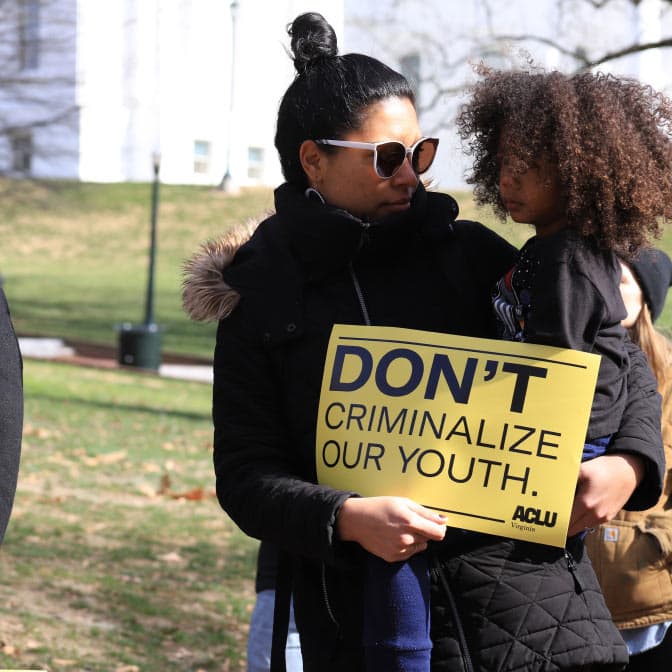
Certain marijuana-related offenses will be automatically expunged from criminal records, and the Cannabis Equity Reinvestment Fund will ensure 30% of the tax revenue made from marijuana sales will be reinvested back into communities harmed by the War on Drugs. Virginia will begin the legal sale of marijuana in 2024.
This legislation isn’t perfect, though, and there is still work to be done to ensure marijuana is legalized equitably and through a racial justice lens. The current law criminalizes youths who are caught with marijuana and creates new crimes around public consumption and transportation of marijuana. As we celebrate this victory for racial justice, we will also continue the work to legalize it right.

- Possess up to 4 plants/household
- Grow plants (with labels and out of public view)
- Consume marijuana inside the home
- Share marijuana
- Grow plants visible to others or where someone under 21 can access
- Smoke marijuana outside on public property
- Be in proximity to marijuana if you’re under 21
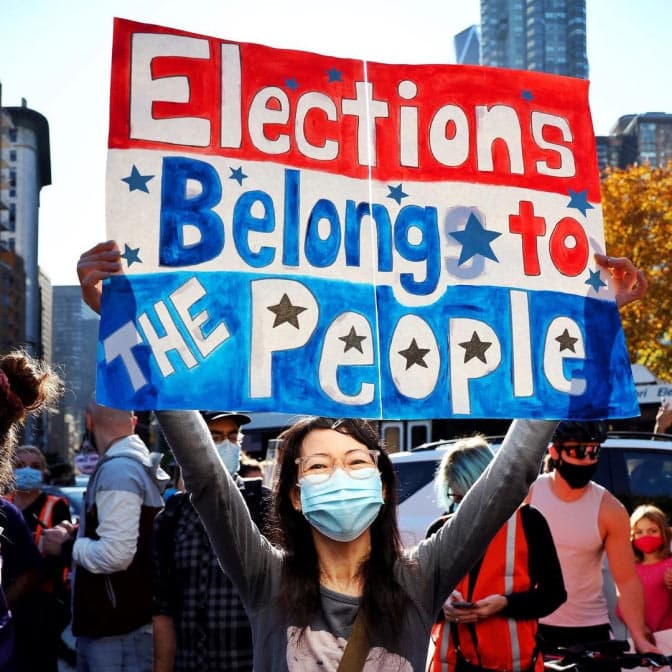
The Right to vote
Virginia is one of only two states that permanently punishes people convicted of a felony by taking away their right to vote unless the governor restores the right to a specific individual – an often long and arduous process. This archaic law, which was enacted to block Black people from the ballot box, disenfranchises hundreds of thousands Virginians who can’t vote but who pay taxes every year. While one in 20 non-Black Virginians are disenfranchised, one in seven Black Virginians are – largely because Black people are over-policed, subjected to harsher sentences and felonized at a higher rate.
In 2020, the Virginia General Assembly eased barriers to voting, including:
No-excuse absentee voting
Eliminating the requirement of a gov-issued photo ID
Voting materials in languages other than English
Election Day as a state holiday
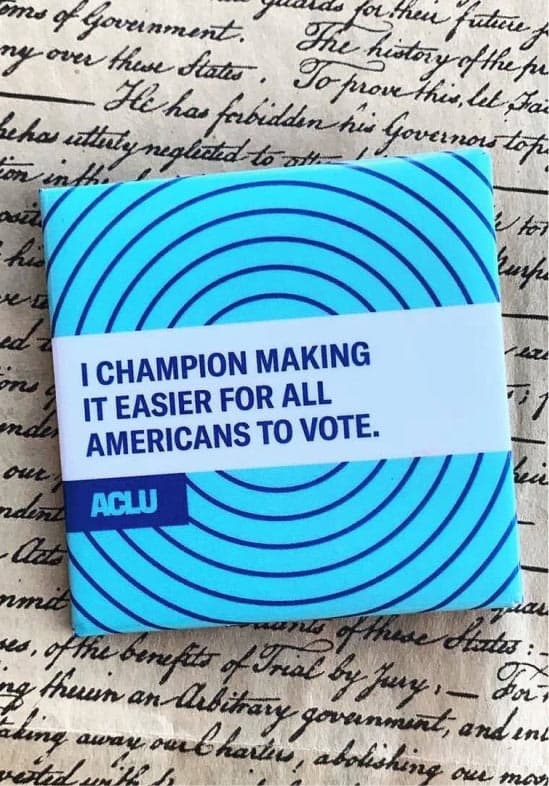
To ensure that every Virginia citizen 18 and over has the right to vote – permanently – we successfully pushed the Virginia General Assembly to take the first step to pass a constitutional amendment which will guarantee that voting is a right that can never be taken away. The amendment includes an exception for people who are currently incarcerated for a felony conviction, but once the amendment becomes law, everyone outside the prison gates can register to vote without further action.
In the upcoming legislative session, the General Assembly must vote again to pass the exact same amendment. If it passes a second time, the amendment will be on the November 2022 ballot for voters to approve.
-
1902
The new 1902 constitution reinstated poll tax, the adoption of literacy requirements, and added “any felony” conviction to the list of voting disqualifications, effectively dropping Black voter turnout by 90%.
-
1965
The Voting Rights Act of 1965 banned racial discrimination in voting
-
1996
Virginia passed its first voter ID law
-
2012
Virginia eliminates the ability for people to sign an affidavit to verify their identity
-
2013
Virginia bans previously acceptable forms of ID, creating a strict photo ID requirement
-
2013-2016
Virginia governors make it easier for people convicted of felonies to ask for and get their voting rights restored
-
2016
Virginia Supreme Court denies the governor the ability to use an executive order to automatically restore rights to people who have completed their sentence
-
2020
Virginia General Assembly eases barriers to voting, including:
- • no-excuse absentee voting
- • same-day voter registration
- • eliminating the requirement of a government-issued photo ID
- • voting materials in languages other than English
- • Election Day as a state holiday
-
2021
Governor Northam took executive action to restore voting rights to people convicted of a felony as soon as they complete their prison terms, reinstating voting rights for more than 69,000 formerly incarcerated Virginians.
The General Assembly passes the Right to Vote amendment for the first time.
-
2022
The General Assembly must pass the Right to Vote amendment a second time for it to advance to the November election’s ballot.
If passed a second time by the General Assembly, the Right to Vote amendment will appear on the ballot for the November election.
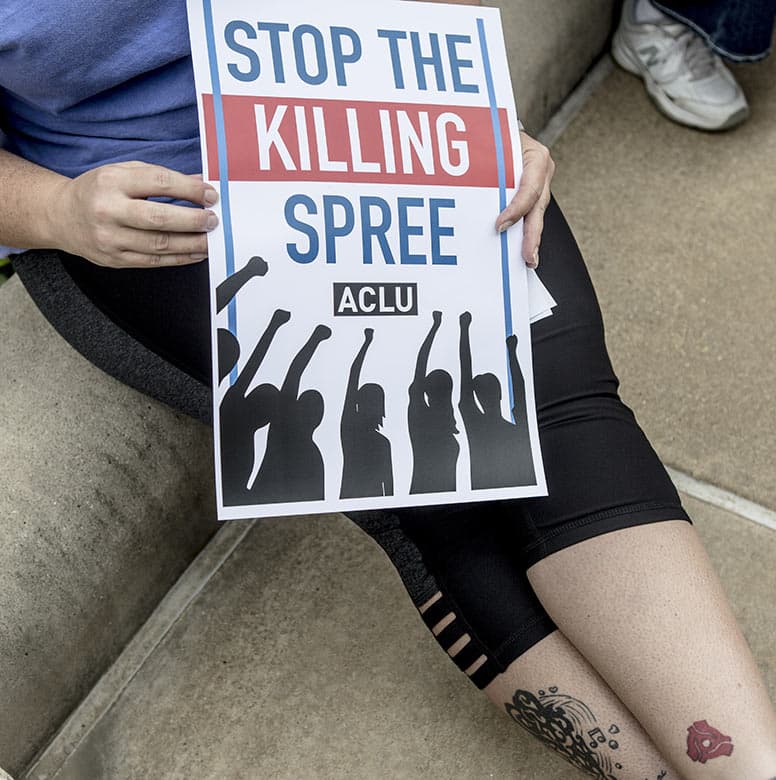
Death penalty
Virginia made history this year by becoming the first state in the South to repeal the death penalty - a remarkable move given that we have executed more people than any other state.
In Virginia, the death penalty has always been about race, and abolishing it was an important step toward bringing racial justice to Virginia’s criminal legal system. Prior to a Supreme Court ruling in 1978, 90% of people who were killed by the Commonwealth were Black. In recent years, someone who committed murder was far more likely to get the death penalty if their victim was white, and less likely if the victim was Black. The death penalty was one more way the criminal legal system devalued Black lives.
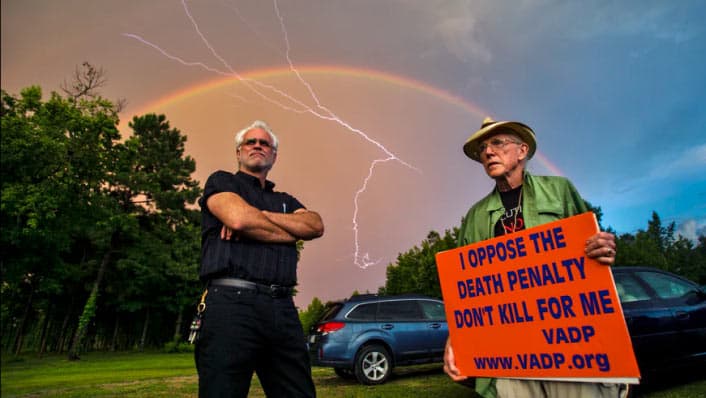
More than 20 years ago, the ACLU of Virginia released a report called “Unequal, Unfair, and Irreversible: The Death Penalty in Virginia” as a springboard for reform and eventual abolition. This historic victory abolishing the death penalty is the result of decades of advocacy by fearless individuals and organizations, including our former staff members led by Executive Directors Kent Willis and Claire Guthrie Gastañaga, as well as steadfast partners like Interfaith Center for Public Policy, Virginians Against the Death Penalty, Marie Deans, and many others.
Total executed for murder
- White men
- Black men

Between 1900 – 1969, of the 231 people executed for murder, 185 were Black and 46 were white. (80%).
Not a single white person was executed for crimes that weren’t murder.
Total executed for rape
- Black men

From 1908 to 1951, all 45 prisoners executed for rape in Virginia were Black men.
Murder Victims


Between 1978 and 1997, nearly 58 percent of Virginia's murder victims were Black. Yet of the 131 crimes for which a death sentence was imposed during the same period, only 20% of the victims were Black.
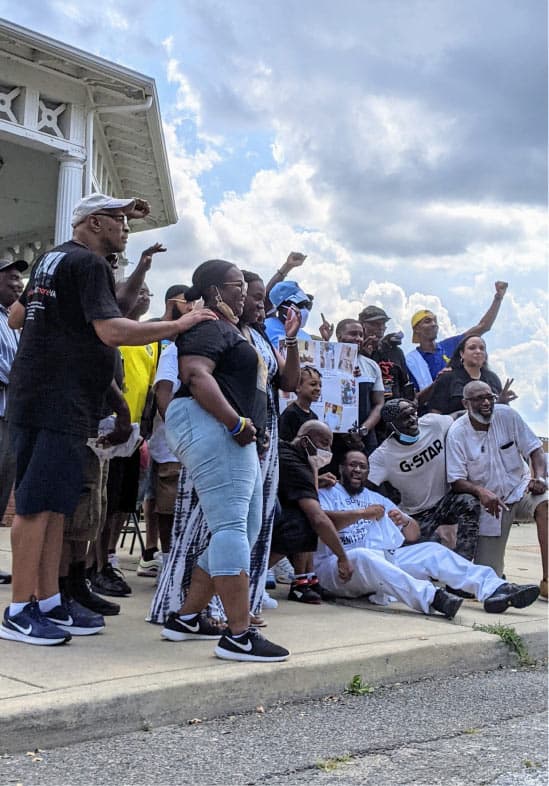
OUR PARTNERS
Throughout this trying year, we made significant strides in bringing Virginia’s laws into the 21st century while promoting racial justice across the Commonwealth. In an historic legislative session, Virginia ended the death penalty, legalized marijuana, and took the first step towards a constitutional amendment guaranteeing the right to vote.
These wins didn’t happen overnight. They were the culmination of decades of hard work by so many organizations, advocates, and ordinary people who took time off work to testify, join a rally, or contact their lawmakers. With all the challenges of the past year, we are deeply grateful to our coalition partners, who teach us, inspire us, and push us forward so we can go farther and further together. These are just a few.
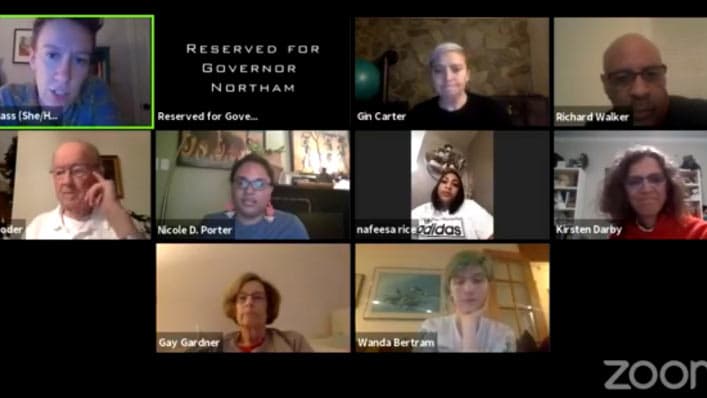
Virginia COVID-19 Justice Coalition
When COVID-19 first hit Virginia shores, we knew the chaos would infringe on our civil liberties and exacerbate racial disparities. We created a COVID-19 hotline to hear from people across the Commonwealth about issues in their communities. Through this hotline, we learned that the situation in prisons and jails was dire. To help address the medical neglect in those facilities, we banded together with more than 50 organizations and activists to form the Virginia COVID-19 Justice Coalition.
In the height of the pandemic, the Coalition held biweekly virtual town halls, hosting influential guests like Senator Jennifer McClellan, Delegate Sam Rasoul, NAACP Fairfax President Sean Perryman, and leaders within the Coalition. The town halls prioritized uplifting the voices and sharing the stories of people behind bars and their families during the pandemic. They also created a forum to hold lawmakers accountable, educate the public on the situation in prisons and jails, and discuss ways to keep everyone safe and healthy. The Coalition pushed the governor and other leaders to decarcerate jails and prisons where possible and to provide proper medical care remaining behind bars.
The members of the Virginia COVID-19 Justice Coalition all brought their individual strengths to the table, and our collective work helped create transparency and real change for people who were incarcerated during the pandemic. The ACLU of Virginia played a key leadership role advocating for changes on behalf of the Coalition.
Gin Carter, Coalition member and co-founder of The Humanization Project, said:
“We were able to accomplish more as a united front of advocates than we would have if we had addressed this crisis separately.”
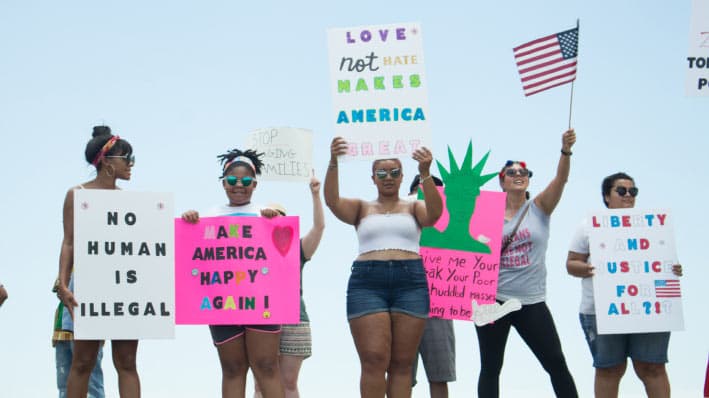
Our focus Moving forward
Now is the time to keep Virginia’s progressive momentum going, so we’re working to expand our organization and its capacity to advance civil liberties for everyone in the Commonwealth. We’re launching new campaigns to dismantle the structural racism inherent to our criminal legal system, including reimagining public safety and the role of police, improving prison conditions while working to eliminate mass incarceration, and ending the practice of felony disenfranchisement.
These campaigns will continue to push Virginia forward. You can read more about them below.
Re-imagining
Policing
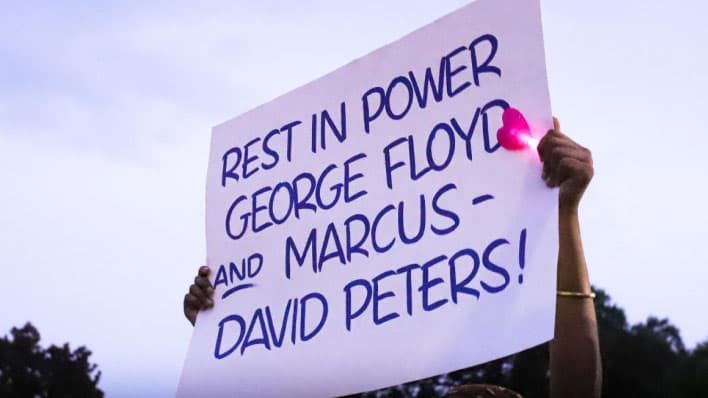
George Floyd. Breonna Taylor. Donovon Lynch. Marcus-David Peters. Natasha McKenna. Kionte Spencer. India Kager. India Beaty. Xzavier Hill. The list goes on.
Each name, each person represents a life unjustly snatched away because of the epidemic of police killing Black and Brown people. Each is a painful reminder of how our current public safety model, which relies heavily on policing, punishment, and incarceration, fails the people and communities that it is supposed to serve.
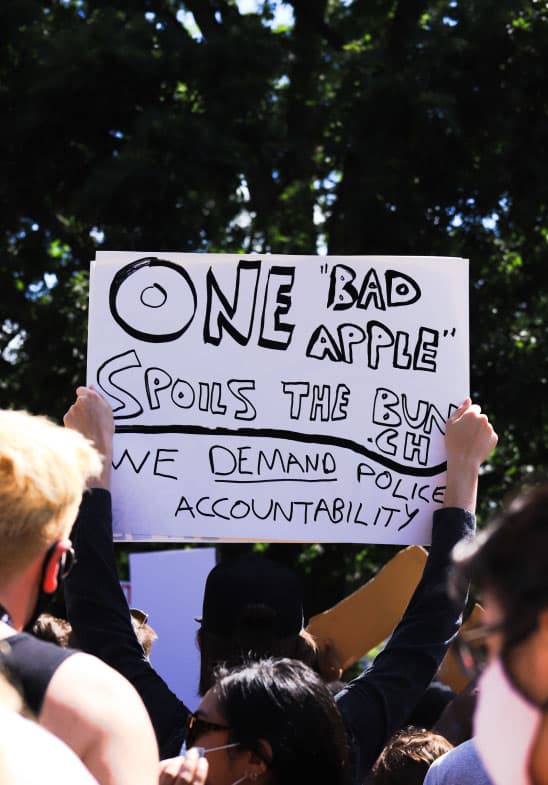
“Enough is enough” was a rallying cry for change that echoed through the streets of Virginia in the summer uprising of 2020. It was also a loud and clear message to Virginia lawmakers, who returned to Richmond for a special legislative session focused on critical reforms to Virginia’s criminal legal and policing systems. Working alongside coalition partners and community advocates, the ACLU of Virginia prioritized ending racist police violence. We pushed hard to hold police accountable for misconduct, seeking to fix the decertification loopholes that keep bad officers on the force, and we worked to create a pathway for people harmed by police to have their day in court, without the federal legal shield of qualified immunity.
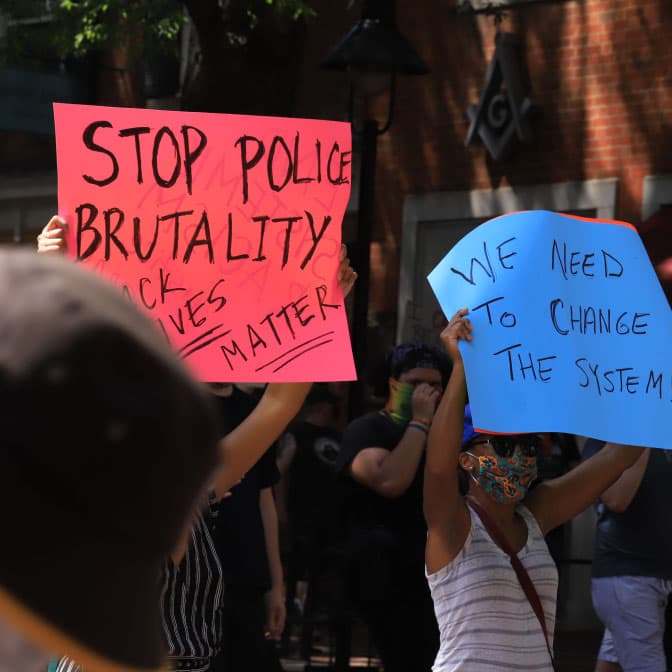
These kinds of changes could have saved Marcus-David Peters, Natasha McKenna, Kionte Spencer, Xzavier Hill, and so many others. But it wasn’t all good news. One of the key measures to hold police accountable – creating a pathway for people who are harmed by police to sue in Virginia courts and deny officers the shield of qualified immunity – did not pass.
We will continue the work to reimagine community safety and the role police play. It’s time for Virginia to move toward approaches that bring in the right people at the right time to save lives, address systemic inequities, and rebuild communities harmed by over-policing.
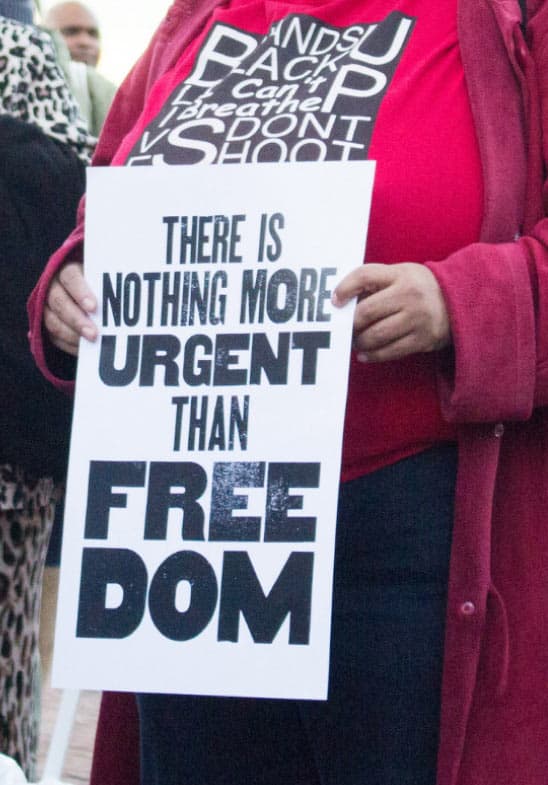
People. Not Prisons
Virginia’s prison system is plagued by human rights abuses, racial disparities, medical neglect, poor conditions, retaliation, and a lack of transparency and accountability.
The unfortunate truth is that the system is working exactly as it was designed – to separate Black and Brown families and to keep them trapped in the criminal legal system. Mass incarceration, a tool of white supremacy, is a racial justice issue and a plague on Black and Brown communities. Incarceration should only be used as a last resort, and its goal should be to rehabilitate and release people back into society and to their families, not punish them.
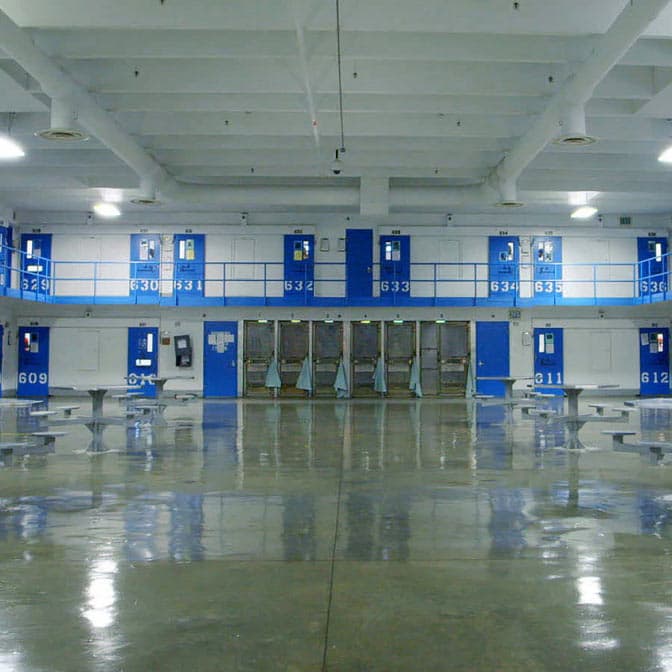
As we work to end mass incarceration, we must also keep in mind the horrors that those who are currently incarcerated face every day and work to improve the conditions they suffer. People who are incarcerated are human beings deserving of safety and fulfillment of basic human needs. We must create independent oversight of the Virginia Department of Corrections (VDOC) to ensure complaints about conditions and treatment are heard and people who are incarcerated are protected from retaliation for reporting violations or abuse.
-
Ending racial disparities
in prisons -
Significantly reducing the prison population
-
Improving conditions within prisons
-
Ending human rights abuses like solitary confinement
-
Emphasizing rehabilitation and reentry over punishment in our prison system
-
Legislating independent oversight for VDOC
The people being tortured behind bars cannot wait any longer for Virginia’s prison system to change. We’re going to make sure it does.
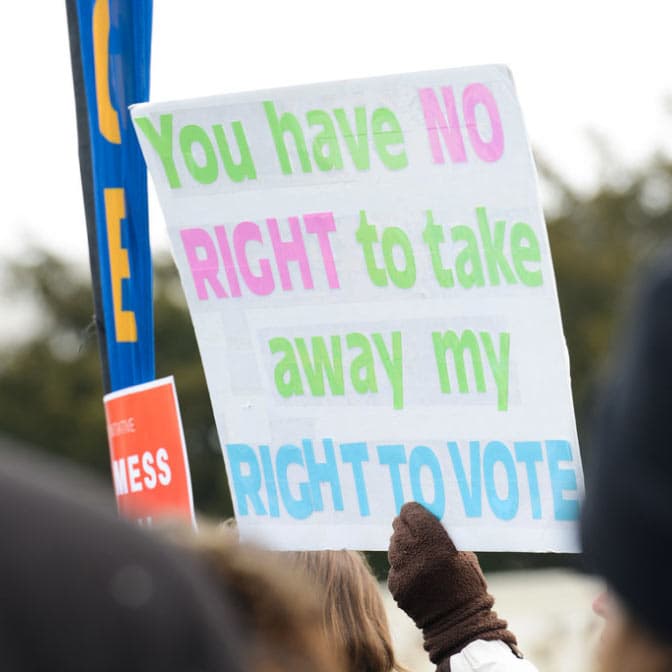
Right
To Vote
Voting is enshrined in the U.S. Constitution by the 14th amendment, yet it is not a guaranteed right under the Virginia constitution. We want to change that.
While voter suppression tactics are sweeping the country, Virginia took an important first step toward guaranteeing the right to vote. In March 2021, the General Assembly approved a constitutional amendment that creates a fundamental right to vote for all citizens 18 and over who are not currently serving time for a felony conviction.
- When the state legislature reconvenes in January 2022, they must pass the exact same amendment.
- Once the amendment passes the General Assembly a second time, it will be added to the ballot in November 2022 for voters to approve.
- If a majority of voters agree with the amendment, it will be enshrined in the Virginia Constitution.
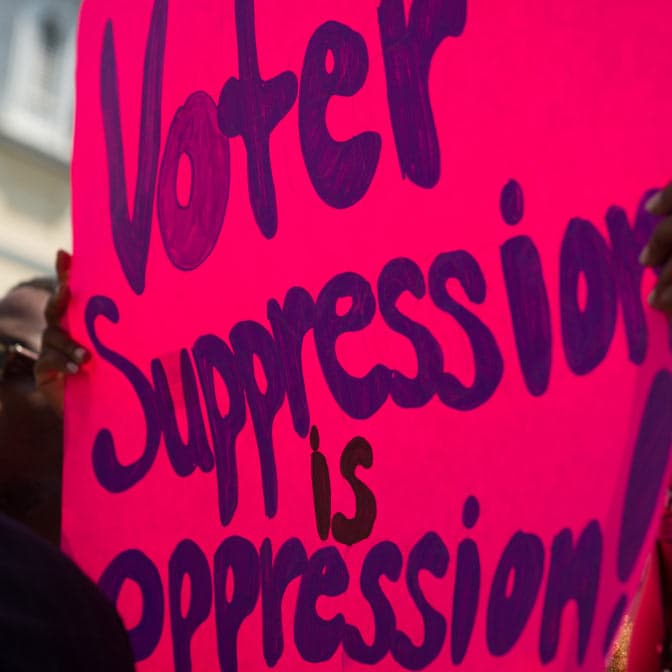
If passed, the amendment will automatically restore the right to vote to more than 400,000 people who have served time for felony convictions, the majority of whom are Black. This amendment will end the Jim Crow-era law of felony disenfranchisement and protect recent laws that have expanded access to the ballot box.
MEMBERSHIP
NUMBERS
Members
Emails Sent and Calls Made
Email List Size
Supporters
FINANCIALS
Grants
C3 Contributions
Investment Returns
C4 Contributions
Administration & Finance
Advocacy
Communications
Equity, Diversity, Inclusion and Belonging
Fundraising
Legal
Legislative
OUR STAFF
Mary Bauer
Executive Director
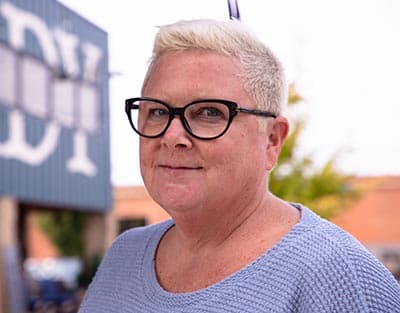
Cynthia Moore
Chief Operating Officer
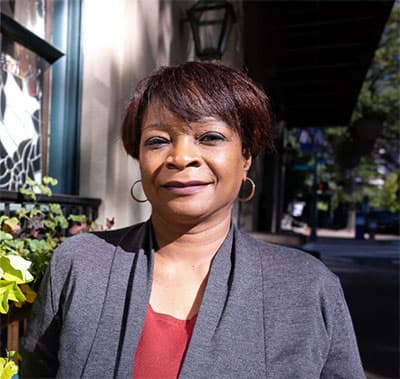
Jasmine Lewis
Director of Finance & Administration
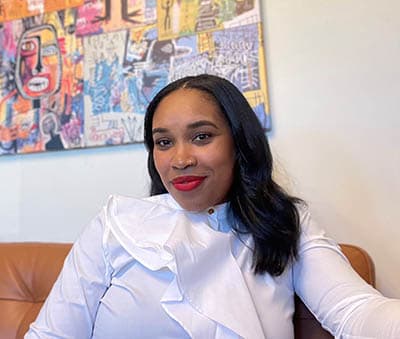
Kwanza Downs
Finance Manager
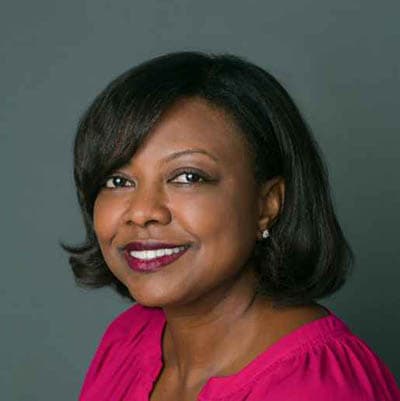
Anjali Carroll
Administrative Assistant
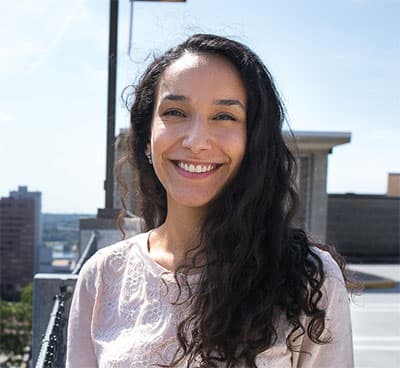
Vishal Agraharkar
Senior Staff Attorney
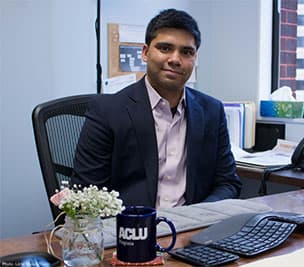
Danny Barefoot
Orrick Legal Fellow
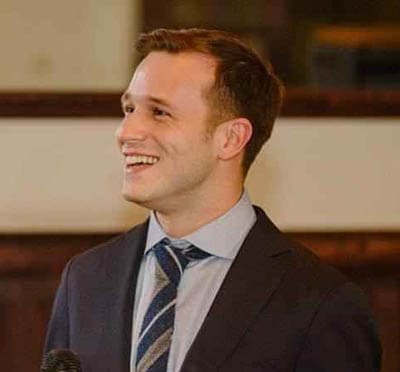
Monique Gillum
Dunn Legal Fellow
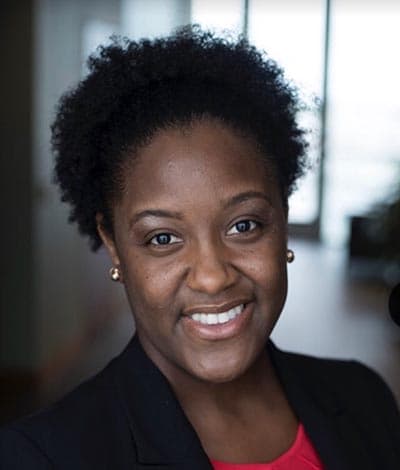
Jason Harary
Dunn Legal Fellow
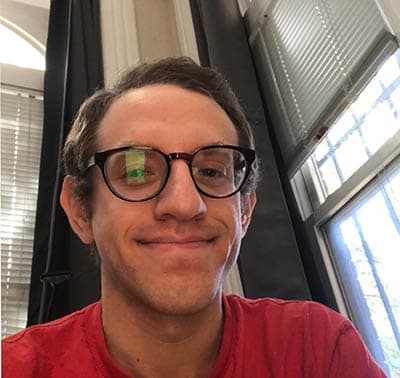
Mateo Gasparotto
Investigator
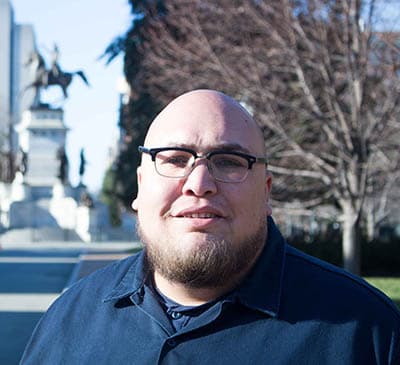
Eden Heilman
Legal Director
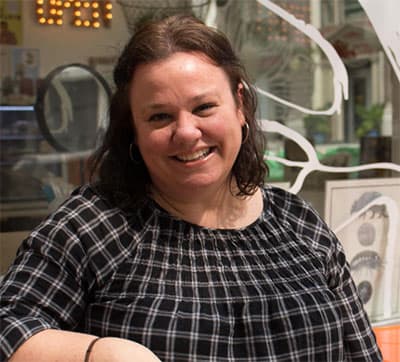
Cameron Washington
Legal Intake Assistant
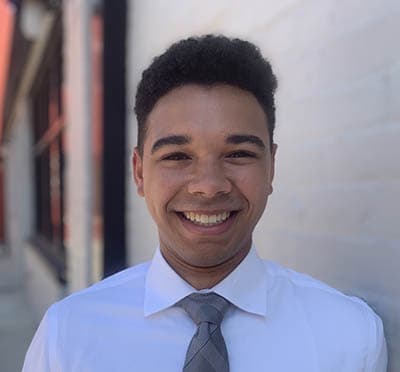
Marcie Hampton
Paralegal
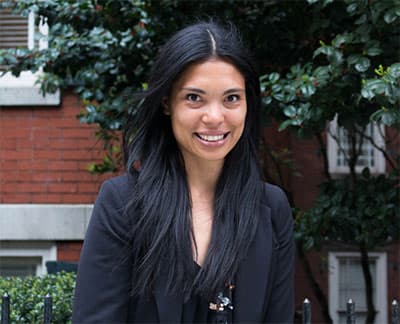
Ashna Khanna
Policy Director
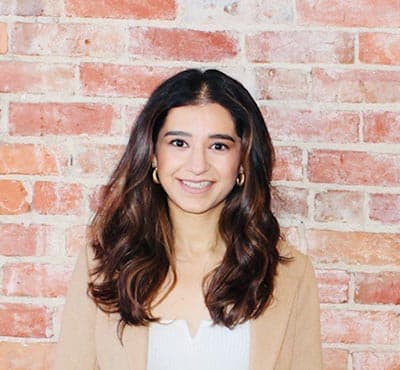
Ben Wong
Policy Analyst

Phuong Tran
Digital Communications Manager

Sam Hart
Communications Associate
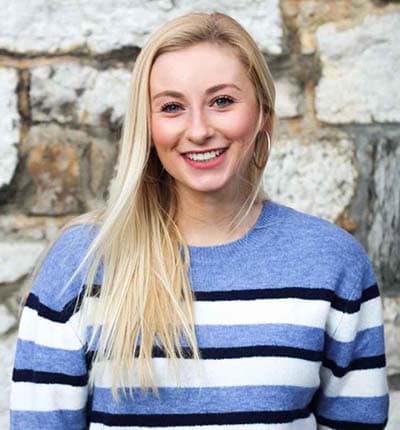
Meredith Mason
Senior Communications Manager

Edith Bullard
Chief Communications Officer
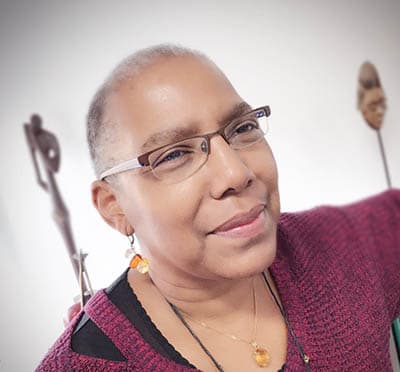
Vi Tran
Development Associate
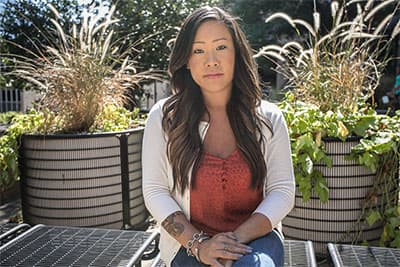
Alissa Aronovici
Chief Development Officer
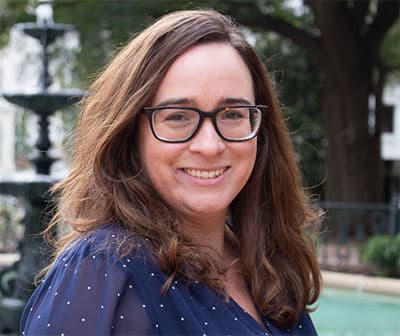
BOARD
MEMBERS
Suja Amir
Patrick Anderson
National Board Representative
Sheyna Burt
Lauren Gilbert
Christian Gineste
Lavonda Graham-Williams
Ruth Mary Hall
Secretary
Vivian Hamilton
Vice President
Laura Heymann
Osita Iroegbu
Garrett Jackson
Steve Levinson
President
Ardavan Mobasheri
Sarah Ochs
Aida Pacheco
Kimble Reynolds
Ed Rosenthal
Legal Panel Chair
Alan Rudnick
Treasurer
Matthew Shapiro
Sandy Smith
Equity Officer
Diana Vall-llobera
Libby Witt
Bill Witting
Liz Gilchrist
Immediate Past National Board Representative

